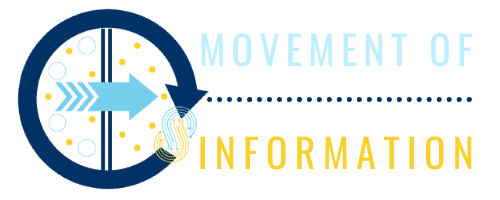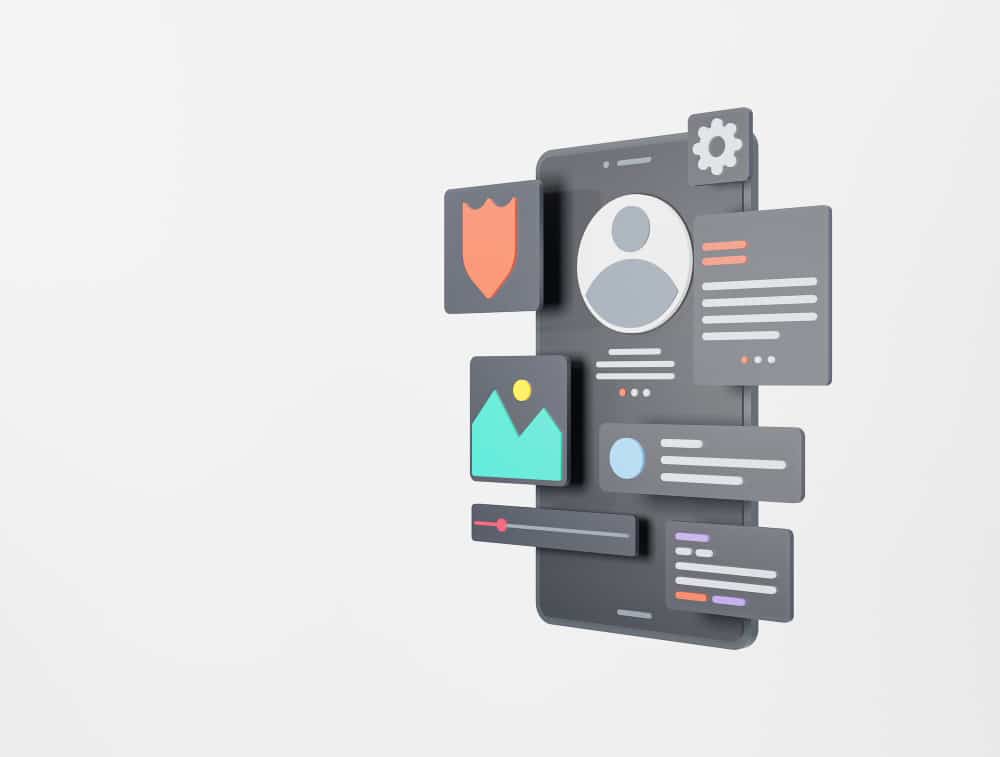Gone are the days when home care was solely reliant on paper-based records and manual processes. Technology is leading the way, helping us to deliver client-centered care.

Understanding Client-Centered Care
Before venturing into the captivating domain of software-empowered home care, let’s pause to grasp the essence of client-centered care. Fundamentally, this approach champions the distinct needs, desires, and aspirations of the client. It situates the client at the heart of their care trajectory, ensuring they have an active voice in choices made and that their principles and convictions are upheld.
Such an ethos isn’t confined to a particular healthcare environment; its principles can seamlessly integrate across various care settings, home care included. The goal of client-centered care is to curate a tailored and encompassing experience, recognizing the individuality of each person’s health and wellness voyage.
The Power of Software in Home Care
Now, let’s explore how home care software is transforming client-centered care in home settings. The impact of technology in this field is multifaceted, making it easier for caregivers to provide high-quality care and enhancing the overall experience for clients.
1. Streamlining Communication
Effective communication is at the heart of client-centered care. Software solutions enable seamless communication among caregivers, clients, and their families. This ensures that everyone involved is on the same page and can quickly respond to changing needs and conditions.
Benefits:
- Instant messaging for quick updates.
- Centralized platforms for sharing care plans and progress reports.
- Video conferencing for remote consultations and family involvement.
2. Personalized Care Plans
Software tools allow caregivers to create and manage highly personalized care plans. These plans are tailored to each client’s unique needs, taking into account their medical history, preferences, and daily routines.
Features:
- Customizable care templates.
- Automated scheduling and reminders.
- Real-time adjustments based on client feedback and evolving requirements.
3. Remote Monitoring
One of the most significant advancements in home care is the ability to remotely monitor a client’s health and well-being. Wearable devices and sensors can track vital signs and activity levels, sending real-time data to caregivers and healthcare providers.
Advantages:
- Early detection of health issues.
- Prompt response to emergencies.
- Reduced hospital readmissions through proactive care.
4. Medication Management
Medication adherence is crucial for clients with chronic conditions. Software solutions simplify medication management by providing automated reminders and tracking systems. This reduces the risk of missed doses and medication errors.
Functions:
- Medication schedules and reminders.
- Integration with pharmacies for refills.
- Medication history and adherence reports.
5. Family Involvement
Client-centered care often involves family members who play a vital role in providing emotional support and assistance. Software tools facilitate family involvement by keeping them informed and engaged in the care process.
Ways to involve families:
- Family portals for updates and communication.
- Shared calendars for coordination.
- Access to important documents and care plans.
Enhancing the Client Experience
Now that we’ve explored how software benefits caregivers, let’s shift our focus to the clients themselves. Client-centered care is all about improving their experience and well-being, and software plays a crucial role in achieving this goal.
1. Independence and Empowerment
Software solutions empower clients to take an active role in managing their health. They can access their care plans, monitor their progress, and communicate with caregivers from the comfort of their homes. This newfound independence fosters a sense of control and confidence.
Client benefits:
- Access to real-time health data.
- Increased involvement in decision-making.
- Reduced reliance on others for daily tasks.
2. Personalized Care
With software-driven home care, clients receive care that is tailored to their specific needs and preferences. This personalization ensures that the care they receive aligns with their values and goals.
Client satisfaction factors:
- Services that match their lifestyle.
- Consideration of cultural and religious beliefs.
- Adaptation to changing needs over time.
3. Enhanced Safety
Safety is a top priority in home care. Software solutions contribute to client safety by providing tools for emergency response, medication management, and remote monitoring. This gives clients and their families peace of mind.
Safety features:
- Fall detection and emergency alerts.
- Medication reminders to prevent errors.
- Continuous health monitoring for early intervention.
4. Improved Quality of Life
Ultimately, client-centered care aims to enhance the quality of life for individuals receiving care at home. Software solutions enable clients to maintain their dignity, stay connected with their communities, and engage in activities that bring them joy.
Quality of life improvements:
- Social engagement through virtual communities.
- Access to educational resources.
- Opportunities to pursue hobbies and interests.
The Future of Client-Centered Home Care
As technology continues to evolve, so too will the possibilities for enhancing client-centered home care. The future promises even more innovative solutions, such as artificial intelligence-powered predictive analytics for early disease detection, advanced telehealth platforms for remote consultations, and robotics for physical assistance.
In this rapidly changing landscape, one thing remains constant: the focus on the client’s needs, preferences, and well-being. Software will continue to be a powerful ally in achieving the goals of client-centered care, ensuring that individuals receive the support they need to lead fulfilling lives in the comfort of their homes.
Conclusion
Client-centered care is more than just a trending phrase; it represents a transformative approach to how we perceive healthcare, especially within the realm of home care. Software tools have risen as pivotal allies in actualizing this client-centric vision. These digital solutions facilitate seamless communication, tailor care blueprints, and fortify both caregivers and recipients to be proactive participants in their care odyssey.
For recipients, the infusion of software into home care translates to enhanced autonomy, security, and an enriched life quality. It paves the way for care delivery attuned to their distinct requirements and inclinations, cultivating a feeling of agency and well-being.
Peering into what lies ahead, we foresee continual tech innovations that will further refine the experience of client-centered home care. Equipped with the optimal software platforms, we can guarantee that individuals experience supreme care, nestled in the sanctuary of their homes. It sets us on an optimistic trajectory towards a horizon where healthcare genuinely orbits around its beneficiaries.









